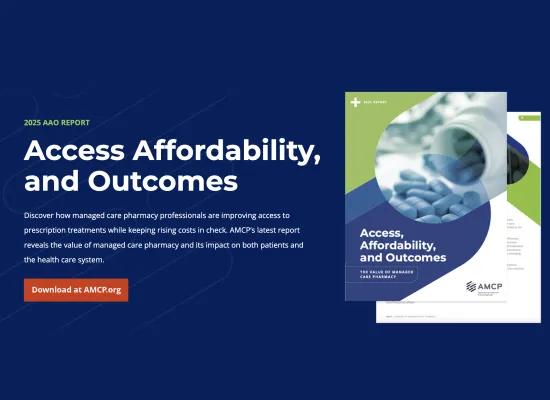
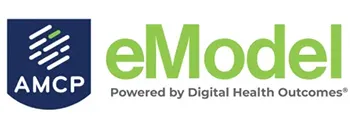
AMCP eModel is the ultimate tool for communication of health economic models and value evidence. Find out more about the new ePoster offering through this tech partnership and platform to support the exchange of clinical and economic information between pharmaceutical companies and payers.

AMCP partners with FormularyDecisions to enhance information sharing and formulary decision-making by creating a platform for current, credible, and compliant information exchange between life science companies and active, qualified healthcare decision-makers.
Featured

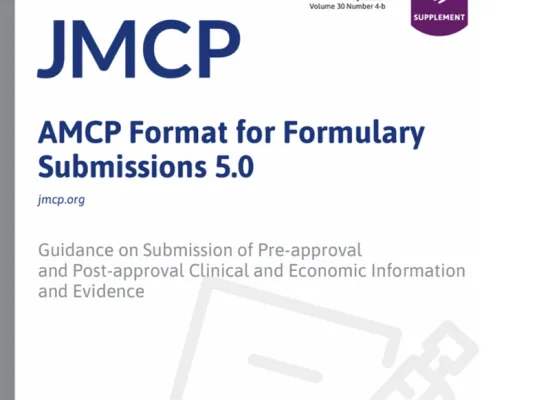


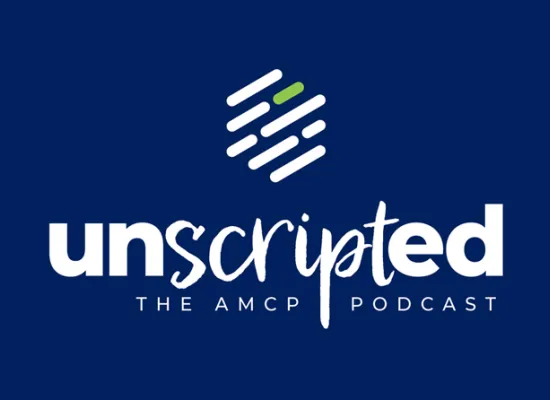
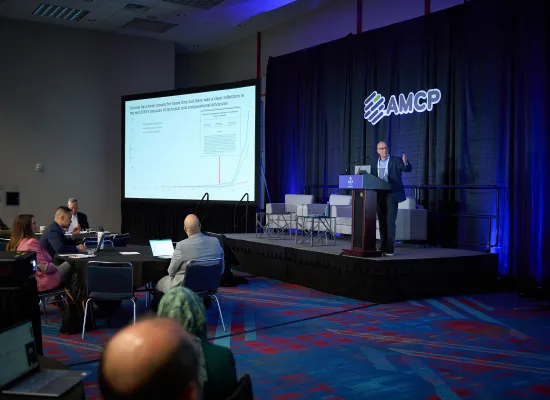
-
Health Information Technology Resources
-
Digital Therapeutics Resources
-
Health Disparities Resources
-
Value-Based Contracts Resources
Meetings Proceedings & Findings
View More
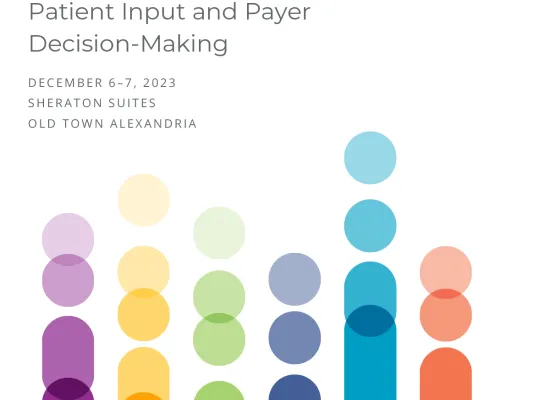

Latest News & Resources
AMCP webinar that reviewed a summary of discussions from this summit.
AMCP webinar that reviewed a summary of discussions from this summit.
The Centers for Medicare & Medicaid Services (CMS) is taking aggressive actions following President Trump’s declaration of a national emergency due to COVID-19 earlier today.
Review the findings from the AMCP Market Insights Program, Summit on the Future Treatments in Hemophilia.
Sponsored webinar that educated payers on the important features of axial spondyloarthritis (axSpA) to help with early detection.
Sponsored webinar that educated payers on the important features of axial spondyloarthritis (axSpA) to help with early detection.
Sponsored webinar that discussed advances in continuous glucose monitoring (CGM) technology.
Sponsored webinar that discussed advances in continuous glucose monitoring (CGM) technology.
Sponsored webinar that provided an overview of insomnia disorder and the current challenges in adequately treating patients.
AMCP webinar that reviewed a summary of discussions from this summit.
AMCP webinar that reviewed a summary of discussions from this summit.
AMCP CEO Blog: With PA so often misunderstood, perhaps we need to do a better job of explaining this tool to the general public. For example, we might provide an example of how PAs are applied to opioids as additional safeguards to ensure their appropriate use. Or how a PA might be applied to botulinum toxin to ensure the prescription is for medical, rather than cosmetic, purposes.
